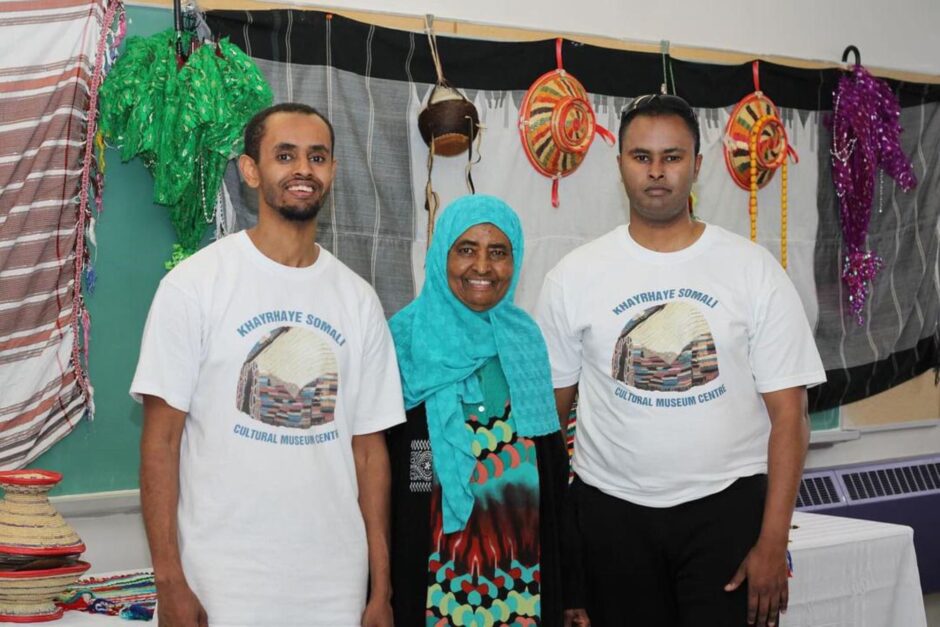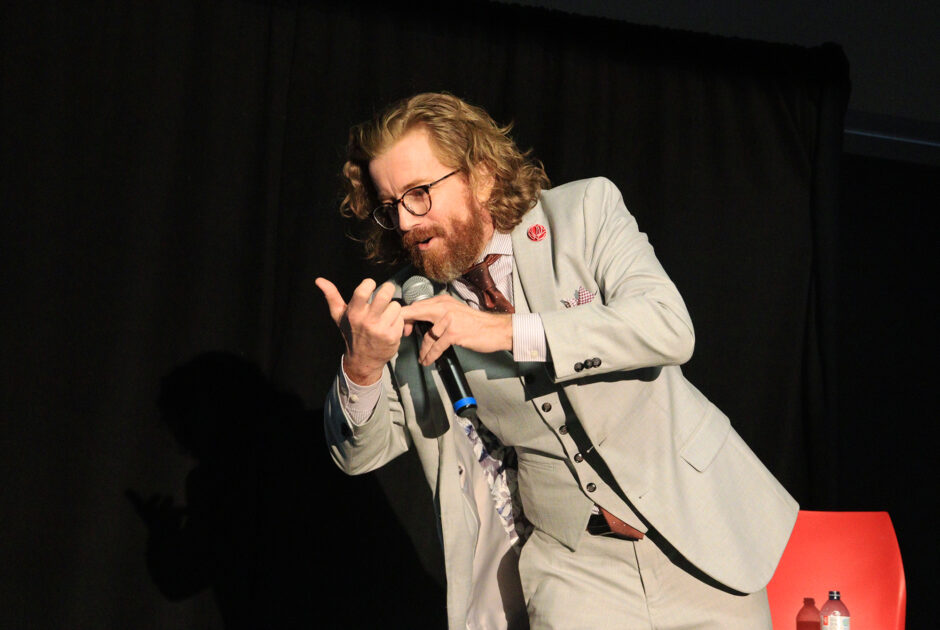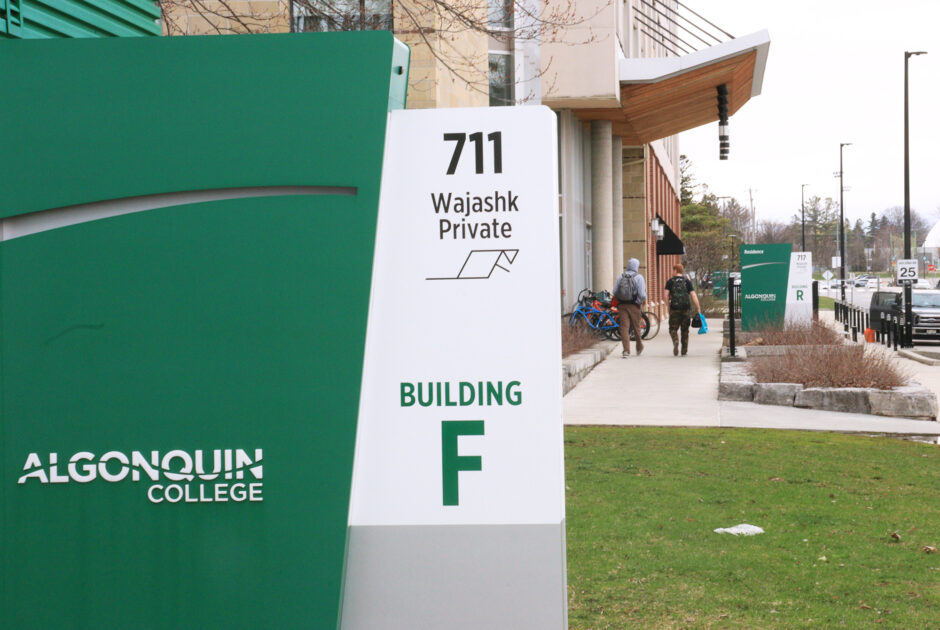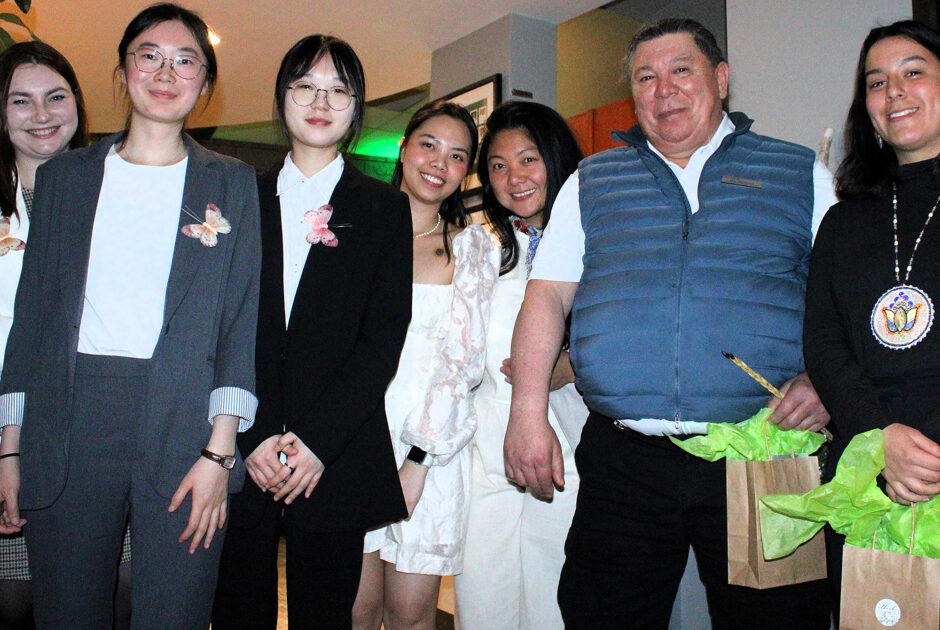Criminal Code amendment allows survivors of sexual assault to speak out
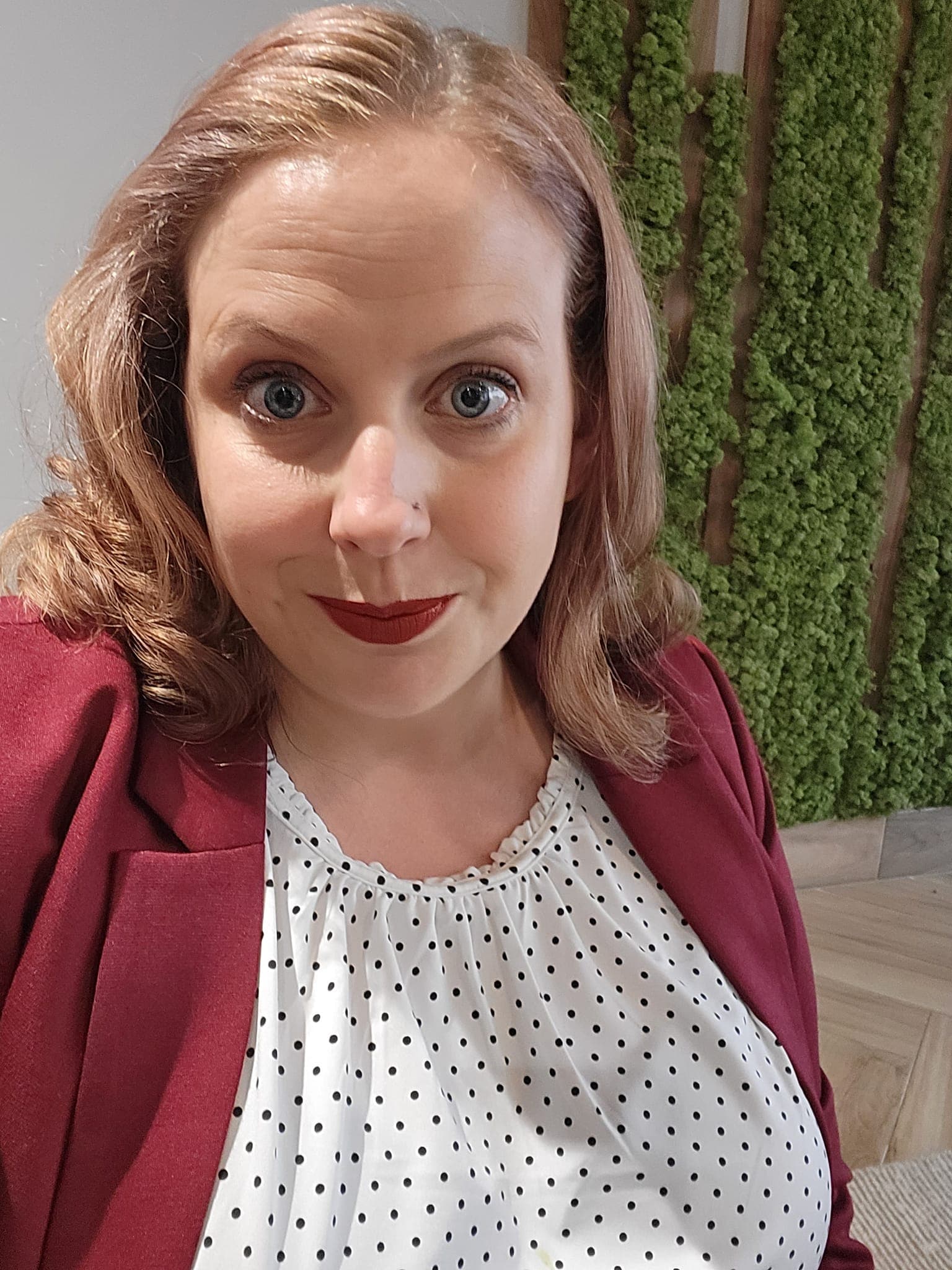
Warning: This article contains details of sexual assault that some readers may find disturbing or triggering.
When Kelly Favro found out she legally couldn’t share her name and her story due to a publication ban, it had already been five years since her sexual assault.
In Canada, legislation under the Criminal Code automatically places a publication ban on survivors of sexual assault. That, and with the National Sex Registry not being public information (but is accessible to law enforcement through their provincial or territorial Sex Offender Registry Centre), survivors can often feel as though the criminal justice system is on the side of the offender.
Favro remembers feeling frustrated during the years-long appeals process between her and her attacker, Kenneth Charles Erickson. At the time, she couldn’t find any information on her case and the Crown wasn’t telling her anything, but for reasons she says had never been communicated to her.
“I remember thinking, ‘This is ridiculous’,” Kelly said. “Why can’t I find this guy? People need to know about him. He’s a convicted sex offender and we don’t have any system; we don’t have anybody to tell us what’s up.”
That all changed on Oct. 26, 2023, when royal assent was given in the Senate of Canada to amend legislation under the Criminal Code, which included publication bans. The modifications included placing the responsibility of informing the subject of the publication ban of the ban’s existence on the prosecutors, as well as making it easier for survivors to remove the ban if they choose to.
It had been a fight Favro, and many survivors across Canada who are part of the group My Voice, My Choice, had fought hard for, but say it is just the beginning.
“We’ve made progress towards a more victim-centred criminal justice system, but we still have a lot of work to do to ensure victims are adequately informed about their rights,” said Dr. Benjamin Roebuck, the Federal Ombudsperson for Victims of Crime in a statement.
The office of the federal ombudsperson for victims of crime said it recommends further improvements in informed consent and victim-centred information.
My Voice, My Choice is an initiative led by Canadian victim-complainants across the country who have or have had publication bans on their names as a result of the nature of their court cases.
Originally from Brampton, Ont, Favro is one of the leaders of the initiative. She had moved across Canada to British Columbia when she met Kenneth Charles Erickson at a bar in Victoria in 2015.
“I just got to know him,” Favro said. “He seemed cute, he seemed nice. I can talk about sports for days, and he was able to keep up with me.”
After casually dating for six weeks, Erickson began to “reveal his true colours.” According to Favro, Erickson was allegedly a heavy drinker who didn’t have a high opinion of women.
“When you look back on relationships, and you can see so many red flags, you ask yourself, what happened? That should have been a huge red flag,” Favro said.
For Favro, those red flags began to wave during a pre-operation examination when she had to undergo an emergency surgery to remove a Bartholin’s cyst, a result of a sexually transmitted infection allegedly given to her by Erickson.
The surgeon examining her was startled to see “a lot of damage” and asked if she was okay.
Though Favro had thought her experiences with Erickson were “normal” at the time, those memories now bring back painful memories.
“If I hear a beer can opening, my heart skips a beat. If I hear ice cubes hit a glass, my heart will jump out of my chest,” Favro said. “And it’s been eight years since the attack.”
In the early hours of a September 2015 morning, Favro awoke to Erickson coming into her room, demanding sex and sexually assaulting her. After it was over, she said she didn’t understand the gravity of it.
“I pretended like nothing happened,” Favro said. “I didn’t think anything had happened, because I thought I was able to fight”.
Like many survivors of sexual assault, Favro didn’t report her assault right away.
“I didn’t think I was going to be believed,” Favro said. “I didn’t have [the] underwear, I didn’t have pictures of my bruises, I went to work the next day, I didn’t report, I didn’t get a rape kit. I didn’t do it [all], like you’re told to do.”
According to the Canadian Centre for Justice and Community Safety Statistics, only six per cent of sexual assaults are reported to police.
Fortunately for Favro, when the police came by to take her statement, they believed her right away, taking it very seriously. Two months later, Erickson was charged with two counts of sexual assault, one of which he was later convicted.
However, it wasn’t until January 2021 that Favro was told the Crown has placed a publication ban on her name. When she asked for its removal, she was told it wasn’t that simple.
“There’s not a lot of information online on how to get these publication bans off your name,” Favro said. “There’s nothing federally and nothing provincially. So, I kept going back to the courts asking what I needed to do, and they didn’t even know what to do.”
In Canada, publication bans are often put in place to protect the integrity of a case, or protect the privacy of a victim or witness to prevent the identity of a minor. Depending on the case and the laws in place, they can be automatic, mandatory upon request or directed by the court’s discretion.
But critics of the law say it can take away a survivor’s agency, such as the 2021 case of a sexual assault survivor in Waterloo, Ont., who shared the case privately with family members. She was then charged with breaching her own publication ban and fined $2,000, plus an additional $600 victim surcharge by Ontario Court Justice Thomas McKay.
“It means I am gagged, I cannot share my story, I cannot share my name, I can’t do anything,” Favro said.
In June 2021, Favro became the first person in British Columbia to successfully remove the publication ban on their name through self-representation, which empowered her to continue advocating for policy changes surrounding publication bans.
As part of an Algonquin College Board of Governors meeting last year, the Sexual Assault/Sexual Violence Prevention Annual Report was released. It reported 45 total formal complaints and reports of sexual assault during the college’s 2022-2023 school year, 15 reports higher than the year before.
“This is a global issue,” said Sarah Crawford, manager of sexual violence prevention, harm reduction and health promotion for Project Lighthouse. “Even if there is sexual violence, it doesn’t necessarily mean it’s happening on campus, because sexual violence is such a big issue in the community and worldwide.”
While most crime statistics have gone down in Canada, sexual violence has been on the rise since 2014, with the exception of a decrease in 2020.
In 2022, Statistics Canada reported a three per cent increase in police-reported level one sexual assaults — an assault sexual in nature, but causing no physical injuries — across the country last year.
On Oct. 28, 2022, the Supreme Court of Canada ruled that automatically adding individuals convicted of sex offences to the National Sex Offender Registry was unconstitutional. This provided My Voice, My Choice the opportunity to “piggyback” on the conversation.
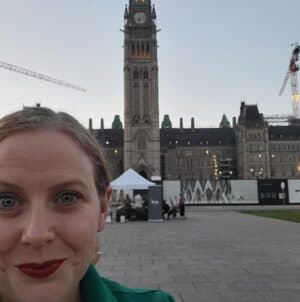
“[My Voice, My Choice] started a massive campaign, we started doing presentations,” Favro said. “We started getting very, very angry about this and very, very loud.”
A year later, with the support of Green Party Leader Elizabeth May by means of a loophole that allowed outsider parties to discuss amendments, Bill S-12 was passed, and survivors such as Favro were given to power to share their stories.
Now a mother of two and a provincial public servant in British Columbia, Favro says the most important thing for other survivors to know is she believes them.
“What happened doesn’t matter what you were wearing, no matter what you drink, I believe you.”






